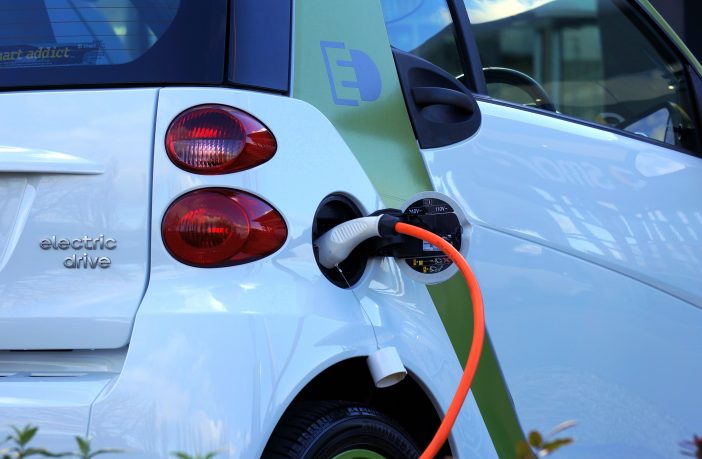- Grand View Research forecasts the global lithium-ion battery market to register a 17% growth by 2025.
- Revenue generation within the market is expected to reach US93 billion by 2025.
- The electric vehicles (EV) market is expected to be a major driver for the overall marketplace.
As automakers ramp up production for evermore EVs, demand on the power grid from EVs will grow exponentially. According to best estimates, growth in EV adoption could drive a 300-fold increase in electricity consumption by 2040, compared to 2016, according to Grand View Research
The rapid growth of the EV market is a result of increased focus on EVs by governments in efforts to reduce carbon emissions through the implementation of clean environment legislations banning gas-powered vehicles.
Governments such as the US have intensified issuing incentives to accelerate consumer adoption of EVs.
The energy storage systems segment is also expected to witness the fastest growth rate because of the ongoing developments in the wind and solar PV across the world. National grids will need to evolve significantly to accommodate that growth, driving a blitz of new innovation in wind and solar power, which will ultimately shift global reliance on coal toward clean energy alternatives.
The rising demand for efficient but clean energy is also accelerating the lithium market and causing prices to rise dramatically. In 2018, lithium prices surged by 45%, or to US16,500 per ton year-over-year as the demand began to outpace the supply.
Ongoing technological advancements are aimed towards reducing the weight of these batteries, while also maintaining the ability to provide sufficient power.
Author: Babalwa Bungane
This article was originally published on ESI Africa and is republished with permission with minor editorial changes.















